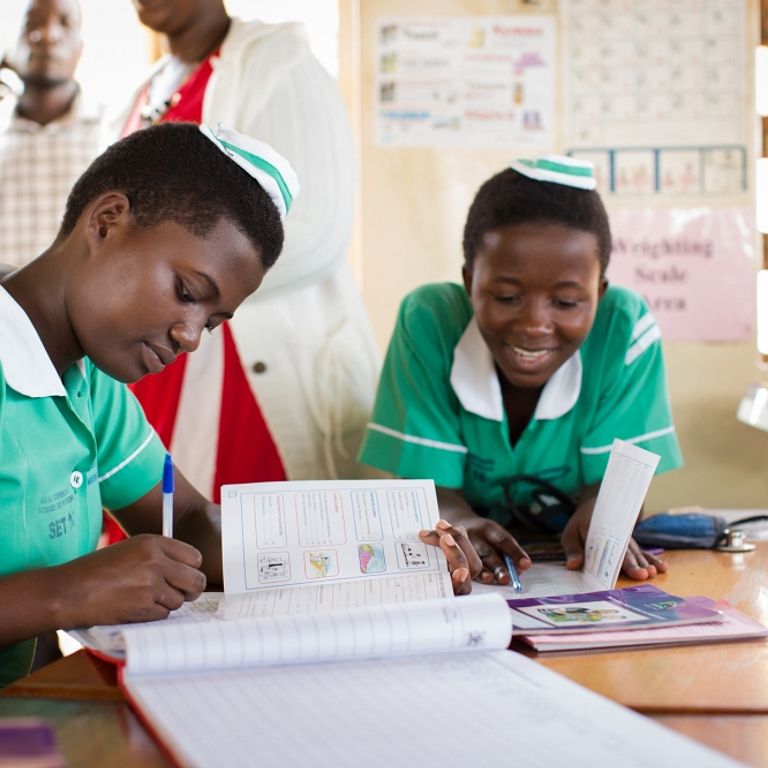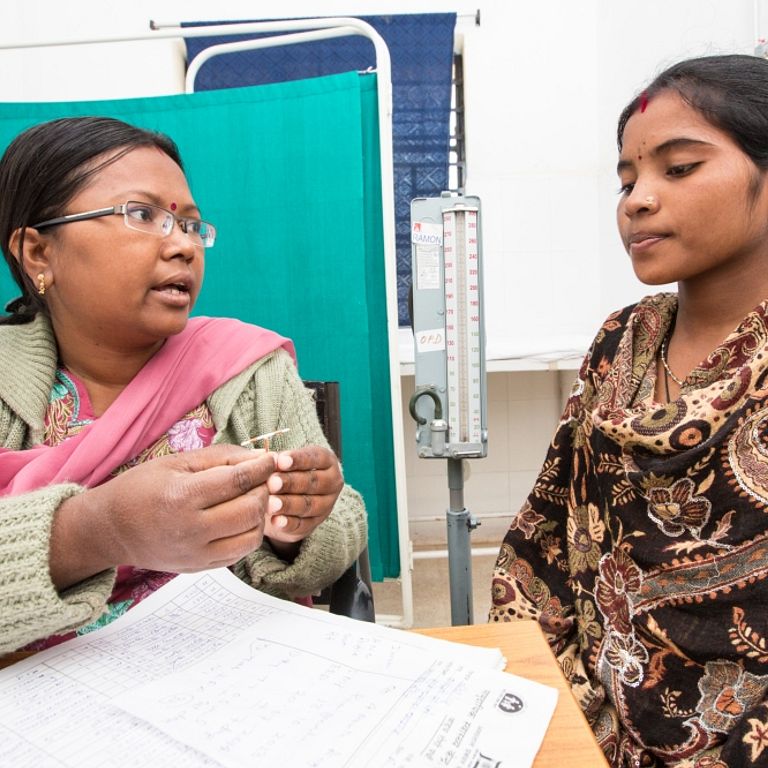Hormonal IUD Roll Out and Scale Up in Kenya

Through the Hormonal Intrauterine Device (IUD) Roll Out and Scale Up program, EngenderHealth provides technical assistance to Kenyan public health facilities across five counties to improve their ability to offer high-quality hormonal IUD services. Funded by the Clinton Health Access Initiative’s Catalytic Opportunity Fund, this program strengthens the capacity of national- and regional-level trainers to provide instruction to healthcare workers on hormonal IUD service provision, and it enhances the readiness of public health facilities to offer those services. In Kenya, we currently work in Nyeri, Meru, Kisumu, Kakamega, and Kisii counties.
According to FP2030, in 2022, the modern contraceptive prevalence rate for all women in Kenya was 45.4%, and 3.1% of women had selected an IUD as their method of choice. The unmet contraceptive prevalence rate for all women in Kenya is 14%.

EngenderHealth is working with local and national partners to strengthen health systems and expand access to contraceptive choices to all clients in Kenya—facilitating access to this highly effective contraception (IUD) method is vital to our mission. When women have access to safe, effective, and affordable contraceptive care, we move closer to a gender-equal world where all people achieve their sexual and reproductive health and rights.
EngenderHealth instructs and supports 25 national-level trainers in hormonal IUD service delivery in Kenya across 275 facilities. This instruction will lead to a cascade of training down to county-level trainers and healthcare providers in five Kenyan counties. To support local health facilities, we will assist the county-level trainers in conducting three-day hormonal IUD provision orientation courses for 900 healthcare providers and conduct quarterly supportive supervision visits. Accordingly, the project helps standardize healthcare providers’ approach towards hormonal IUD provision across supported counties and strengthens trainers’ ability to perform focused teaching sessions with their local counterparts. This strategy will improve the availability of and access to hormonal IUD services in the short and long term. Country-level trainers will be equipped to continue providing mentorship and training long after the project ends.

